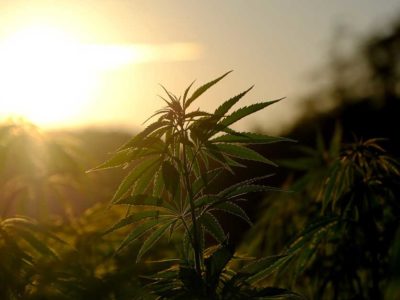Shining Light on Farm & Food Policy for 20 Years.
Monday, November 04, 2024
Environment
USDA’s $3B bet on climate-smart markets relies on widely varying farmer incentives, requirements
A few projects would pay for emission reductions, not just practices
Read More
Four commodities, four different approaches to climate-smart marketing
Varying rules, payment schemes define soy, dairy, cotton, rice projects
Read More


.jpeg?height=300&t=1723038242&width=400)
.jpeg?height=300&t=1723031046&width=400)






